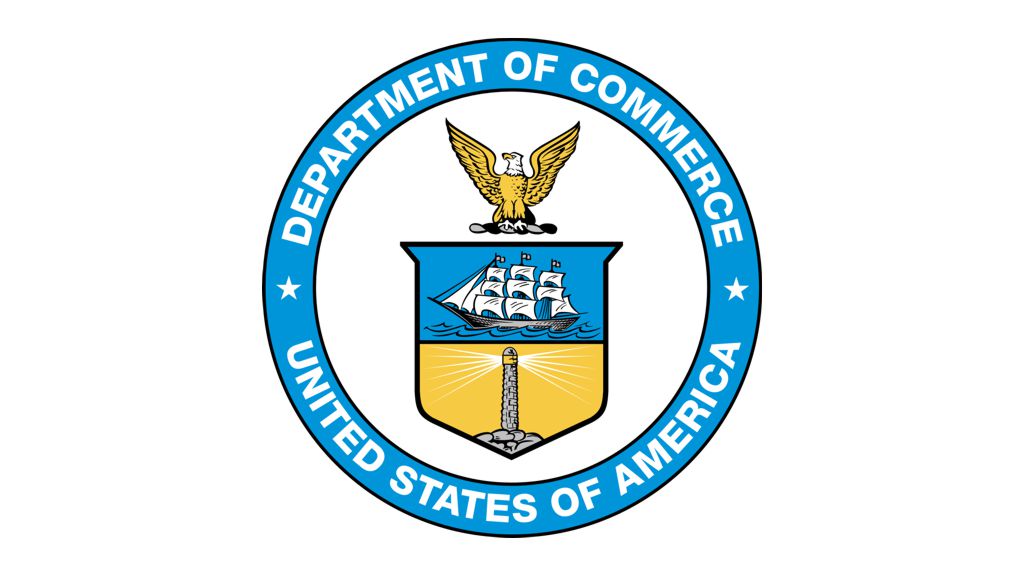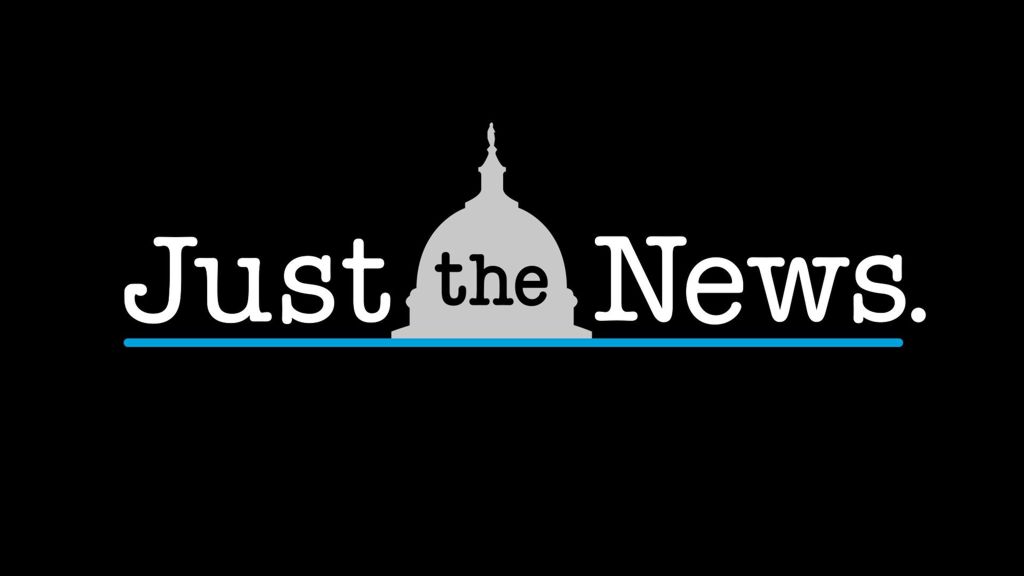The Trump administration announced on Friday that starting on Sunday, it will ban the popular short-video app TikTok from app stores in the United States. The issue, the administration says, is that TikTok’s parent company, ByteDance, is Chinese, and Washington is worried that the personal data of the many millions of Americans using the app could be siphoned off to China and misused.
To some, that concern may seem excessive or its timing politically opportunistic, but the danger posed by TikTok is real: In fact, it is only a stand-in for far greater risks.
The problem isn’t just TikTok. The tech giant Huawei — which the U.S. government blacklisted last year, calling it a threat to America’s national security — is another company with close connections to China. So is Zoom, the U.S.-based teleconferencing service provider established by a billionaire Chinese immigrant, which uses software partially developed in China.
There are also the Confucius Institutes, purportedly just a vast network of Chinese-language teaching centers but really also an instrument of Beijing’s propaganda and pressure tactics.
All are thoroughly embedded there, reaching deep into offices and homes — shaping how Americans work, learn and play. Companies with ties to China or its government now occupy critical choke points of American society.
This is no accident. President Xi Jinping has a dream — a “Chinese Dream” of global dominance — and his strategy for achieving that has two main prongs.
The first is the traditional and tangible hard-power push to set up military bases and seaports controlled by Chinese interests around the world, and it has been much discussed by China observers.
A Chinese company now has a 99-year lease over the port of Darwin in northern Australia — next to an Australian naval base that hosts U.S. Navy warships. Among the tiny island republics in the South Pacific, long regarded as Australia’s sphere of influence, China has new supporters, won over largely through pocketbook diplomacy.
Kiribati switched diplomatic recognition from Taiwan to China last year, after China built a fish-processing plant there. For a time, the government of the Solomon Islands was considering leasing out an entire island to a Beijing-based company with ties to the Chinese Communist Party: Meanwhile, according to Reuters, the Solomon Islands government was seeking a $100 billion loan from “Chinese interests” — about 70 times the country’s gross domestic product in 2019.
Across the Indian Ocean, where historically India has held sway, China now controls or helps manage ports, airfields, military bases or observation stations, along the coast of Myanmar and in Sri Lanka, the Maldives and Pakistan, all the way to Djibouti and Kenya. It is also making forays right in America’s backyard, for example, eyeing the Panama Canal.
China’s move to establish physical footholds around the world is easy enough to recognize as evidence of a coherent game plan, in part because those perches are readily marked on a map and because other major powers positioned themselves in much the same way in the past. Beijing has also bragged about these projects — and its intentions — by giving them grand monikers like the Belt and Road Initiative.
Not so with its soft-power ambitions, whose growth has been much less noticed — at least until President Trump started picking a fight with Beijing. And yet these are much more intrusive, and potentially far more dangerous.
The Chinese government is essentially forward-deploying and setting up various outposts within the United States and other developed democratic countries, in classrooms, boardrooms and bedrooms.
TikTok has vowed, “We have never provided user data to the Chinese government, nor would we do so if asked.” But that’s a useless, if not deliberately misleading, guarantee.
Since China adopted the National Intelligence Law in June 2017, all Chinese citizens and companies have been under a legal obligation to help the government gather intelligence (and keep any cooperation secret). The law allows China’s intelligence services to embed their people and devices or to requisition facilities in any premise, anywhere, for that purpose.
The Constitution of the Chinese Communist Party also essentially requires any company with at least three party members to form a cell tasked with carrying out the party’s wishes.
Does TikTok — in which ByteDance, a Chinese company, is also expected to remain heavily involved even if a sale to Oracle currently under discussion goes through — really expect China to write laws that create only theoretical possibilities?
The U.S. government has grasped the danger of Huawei — a company it says has links to the Chinese military — as a leading supplier of 5G equipment: Beijing could tap it to order a viral attack that would incapacitate American homes and factories, or the national power grid and other critical infrastructure. Recent U.S. rules further restrict the sale of U.S.-made computer chips and other components to the company.
Last month, the Trump administration also designated the Washington-based center that oversees the network of Confucius Institutes operating in the United States as a “foreign mission” of the government of China, requiring more transparency in its operations and funding.
Zoom, an American company, has not been placed under U.S. sanctions, and it has said recently that it would no longer comply with requests by the Chinese government to shut down meetings or user accounts involving people outside China.
But because the C.E.O. and major shareholders have strong Chinese backgrounds and the company has hundreds of employees in China, it could nonetheless pose an even greater threat to privacy than might TikTok — especially now that, thanks to the coronavirus pandemic, so many American corporations rely on Zoom for online conferencing, despite its questionable encryption practices.
If the Chinese Communist Party wants one of its cells among Zoom’s employees to snoop in on conversations within, say, American high-tech firms, who is Zoom to say no?
To point this out is not to be paranoid. It is only to recognize that the mind of a Chinese leader is strategic to the extreme.
Take Mao, whom Mr. Xi reveres. The strategy Mao used to further his goal of a Marxist-Leninist world revolution in the 1960s was the same he had used to vanquish his much stronger opponent, Chiang Kai-shek, during China’s civil war from the late 1920s to 1950: win over the countryside in order to surround the cities (鄉村包圍城市). By analogy, the world’s advanced capitalist countries were the cities, and less developed countries were its countryside. Mao began courting Third World nations in earnest in the 1960s.
Mr. Xi is reaping the benefits today. The world’s countryside has been won over, secured with physical choke points, and Mr. Xi is now bringing the fight to the metropolises — the West — by forward-deploying China’s virtual choke points. It is time to “dare to draw the dazzling sword” (敢於亮劍), he and his government have declared repeatedly.
The strategy-richness of Chinese thinking is not a Communist invention. China’s imperial civil service examination system included a physical test of martial skills and a written test in classical military texts. But the Chinese government is now doubling down on it, including in education.
The concept of “geopolitical choke points” — 關隘, literally, narrow passes — has long been part of the vocabulary of primary school students in China, who can readily rattle off, by way of simply rhymed classical poems, the names of half a dozen such sites in China, all marking the historical expansion of the country’s boundaries into the homelands of so-called barbarians.
Chinese children also study “The Art of War”bySun Tzu, which has two chapters, “Terrain” and “The Nine Situations,” that deal with strategic topography. In 2015, the text became required reading in junior high schools. Some publishers have put out an illustrated version for 7- to 14-year-olds.
The 14th-century novel “Romance of The Three Kingdoms,” which chronicles the wars of the third century, is one of China’s most popular fictional texts, especially among young people — and it has inspired competitive internet games that involve attacking and defending critical choke points.
The next generation is being reared to be no less strategic in its thinking than the previous ones.
Yet even analysts who fear the Chinese Communist Party’s global aspirations have underestimated some of its inroads. Western governments have been on to China’s hard-power geopolitical-choke-point strategy. But they are only just beginning to appreciate its far more invasive soft-power strategy — and it might already be too late.
Yi-zheng Lian, a commentator on Hong Kong and Asian affairs, is a professor of economics and a contributing Opinion writer.
By Yi-Zheng Lian (Former chief editor of The Hong Kong Economic Journal)






